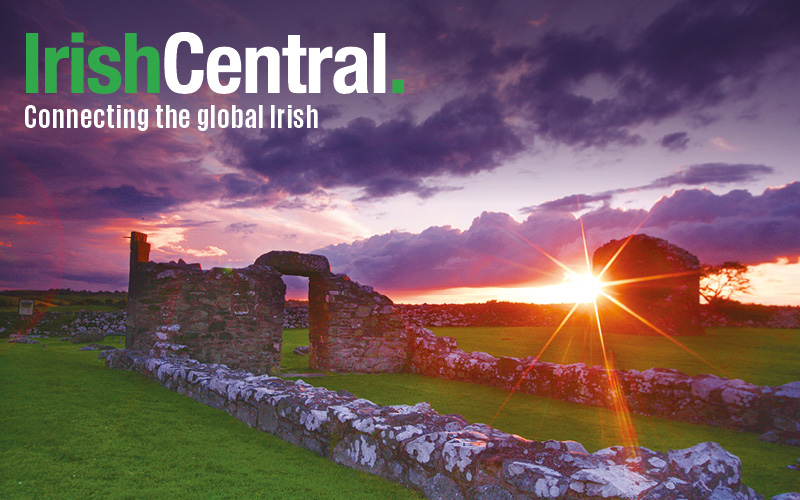Over 400 delegates attended the second annual U.S.-Ireland Forum hosted at University College Dublin in early November, which was yet another extraordinary success. The delegates were drawn from Irish politics, business, students, academics and ordinary members of the public. The topics ranged from the role of America in the Obama era to how deep the Irish financial crisis is and how the diaspora might help. The delegates came from as far away as Melbourne, Australia, and there were many from the U.S. Discussions were lively and sometimes contentious as the role of the Irish abroad was analyzed and examined from every angle. President Mary McAleese took the podium at around 3 p.m. on Monday, November 10, at the Global Irish Institute Center, which is smack bang in the middle of this impressive campus. She wowed the crowd with a heartfelt endorsement of the new movement to embrace the Irish diaspora, which is becoming an ever increasing and important part of Irish identity. She highlighted the extraordinary potential of that diaspora as well as the challenges it represents. "Over one million people born on the island of Ireland are estimated to live abroad, a remarkable figure for a population of some six million," McAleese said. "When people who claim Irish descent are included, the number who can be counted as part of our global Irish family rises to an estimated seventy million. These figures are at once both a frightening testament to the searing legacy of forced emigration, and an awesome contemporary resource from which to forge new synergies and opportunities for this still new century." Just a few years back such talk from an Irish president would not have happened. The word diaspora was avoided at all costs. Different views on issues such as Northern Ireland kept many leaders in Irish America and Ireland apart. That is all in the past now. McAleese and her predecessor, Mary Robinson, deserve great praise for highlighting the Irish family worldwide and the extraordinary potential it represents. That potential was the theme of this year's event, which took place against the backdrop of severe economic times in Ireland and abroad. As much as the country was hyped up during the period of the Celtic Tiger, now it seems to have come down in the manner of a manic-depressive given too much Valium. Rumors swirl that some of Ireland's richest men are actually broke. One trusted source told me that five of Ireland's top ten billionaires would be bankrupt if the banks called in their loans. Those same banks are plainly ailing, with Bank of Ireland shares a fraction of their worth during the boom. At such a time the diaspora, especially those in the business, media and political world, becomes even more important. Most other countries are deeply envious of the political clout that Ireland has in America because of that diaspora. In terms of business investment, press coverage and political clout, it is never more important than now that Ireland reaches out. That was the salient point offered by Dr. Hugh Brady, president of University College Dublin, who made clear that the future, in trying times for Ireland, is tied up in many ways to embracing that diaspora and understanding its value to Ireland. The fact that this second forum was held with so many of Ireland's movers and shakers present is a testament to how the idea has taken hold. The first forum was held in New York last year, jointly hosted by Irish America magazine, University College Dublin and the American Ireland Fund. The Irish government was also an underwriter. Next year the venue has yet to be decided, but there is interest in both Britain and Australia. That is how it should be. This is a global family that is only beginning to explore, like distant cousins, their shared heritage.




Comments